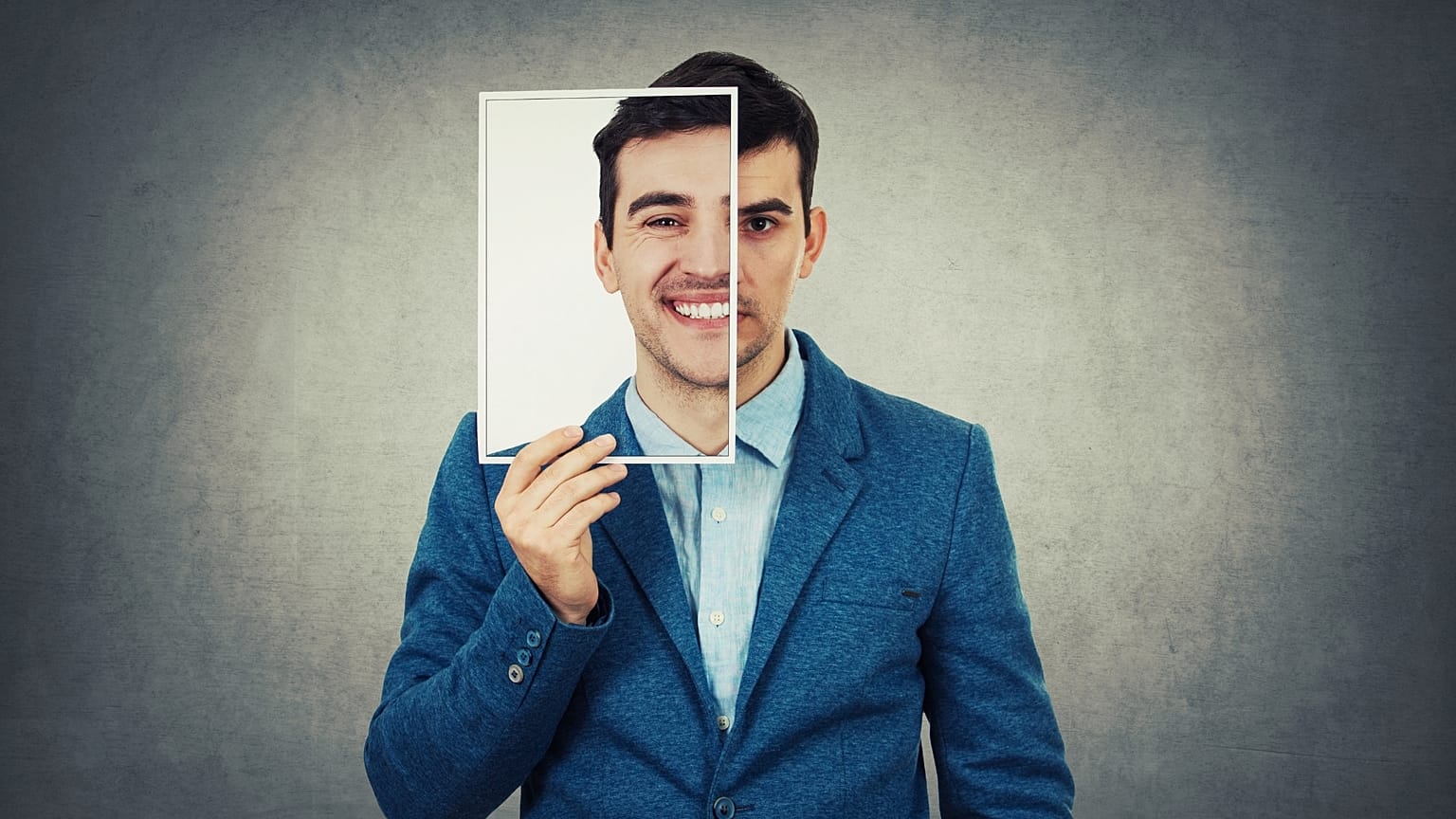By Susan Armstrong
If you’re fearful of a future where a potential employer can’t tell the difference between a real applicant and a computer-generated forgery, aka a deepfake, and offers the job to them instead of you, you have reason to be a little alarmed.
The FBI’s Internet Crime Complaint Centre (IC3) released a Public Service Announcement (PSA) warning employers and job seekers about the rising risk of deepfakes during the recruitment process.
Sure, watching startlingly accurate deepfake videos of actors like Tom Cruise can be fun, albeit a little unnerving at times.They’re so popular there’s now a TikTok account dedicated entirely to them.
There’s also the brilliantly executed Spider-man: No Way Home trailer that replaces Tom Holland’s face with the original Tobey Maguire.
And Korean television channel MBN showed how easily deepfakes could become part of everyday mainstream media by presenting viewers with a deepfake of its own news anchor, Kim Joo-Ha.
But the phenomenon is growing rapidly online and has the potential to become very harmful.
Earlier this year, Meta said it removed a deepfake video that claimed to show Ukrainian president Volodymyr Zelenskyy demanding Ukrainian forces to lay down their arms amid Russia's invasion.
Deepfakes are applying for home office positions
Just as concerning is the harm that individuals could face from being targeted by deepfakes.
“The use of the technology to harass or harm private individuals who do not command public attention and cannot command resources necessary to refute falsehoods should be concerning,” the US Department of Homeland Security warned in a report about deepfake technology.
Now that cybercriminals are infiltrating organisations with deepfakes, this poses very damaging threats.
According to the FBI, they’re applying for working from home positions that include “information technology and computer programming, database, and software related job functions. Notably, some reported positions include access to customer PII, financial data, corporate IT databases and/or proprietary information”.
How can companies prevent it?
When you consider that more than 34 per cent of businesses around the globe are affected by insider threats yearly, the idea that these can now include deepfakes takes the problem to a whole new level, particularly when they can be hard to detect.
A study from Carnegie Mellon University says that artificial intelligence meant to detect video that has been altered can range anywhere from 30 per cent to 97 per cent in accuracy, while a report from Sensity, a threat-intelligence company based in Amsterdam, found that 86 per cent of the time, anti-deepfake technologies accepted deep fakes videos as real.
It’s clear when it comes to detection, there’s still a very long way to go.
So, how can companies protect themselves from the rise of deepfakes during the recruitment process?
While there is no long-term solution at present, asking candidates to display some form of official identification, recording video interviews and requiring new employees to visit company premises at least once immediately after hiring will mitigate the risks of hiring a deepfake actor.
Companies can also combat deepfakes by accelerating their digital postures, and educating employees involved in hiring processes on best practices.
The FBI, in its announcement, also offered a tip for spotting voice deepfake technology.
"In these interviews, the actions and lip movement of the person seen interviewed on-camera do not completely coordinate with the audio of the person speaking. At times, actions such as coughing, sneezing, or other auditory actions are not aligned with what is presented visually," the agency wrote.
Any company that has identified deepfake attempts should report it here.
But if you’re in the market for a job, beat out the competition (real or otherwise) and apply for your dream role.
For inspiration, here are three great roles to check out, with plenty more to discover on Euronews.jobs.
Sales Manager (Cyber Security), TechNET IT, Munich, Germany
TechNET IT is looking for an experienced Sales Manager to join its team of global leaders in cyber security solutions as it continues to pioneer cyber security innovation.
In the role, you’ll become a product specialist in threat prevention, while presenting, defining and implementing threat prevention strategies to end users and partners.
The ideal candidate will have experience working in a security or software company, plus strong selling skills, with a background in selling endpoint security solutions a bonus. If this sounds like you, click here.
Credit Analyst, (Hybrid/Virtual) Tri-Lingual, American Express, Netherlands
Are you an experienced Credit Analyst with a curious and analytical mindset and do you want to give your career a boost?
American Express is recognised for proven excellence in employee conditions and developing talent at all levels of the organisation.
In this role, you’ll be performing analysis, remediation, and refresh activities to complete customer files, acting as the first line of defence to detect unusual and suspicious behaviour for the business, and raising Internal Suspicious Activity Reports (ISAR) with evidence and report to the compliance department for further investigation.
You’ll need to be fluent in Dutch, English and French and live and perform your duties in the Netherlands. Know Your Customer (KYC) and Customer Due Diligence (CDD) experience is an advantage. Interested? Click here.
Senior Site Reliability Engineer, Booking.com, Berlin, Germany
At Booking.com, data drives its decisions, technology is at its core and innovation is everywhere.
It is currently looking for a Senior Site Reliability Engineer to design, develop and implement systems software that improves the stability, scalability, availability and latency of the Booking.com products.
You’ll need eight-plus years’ experience with building, operating and maintaining complex and scalable systems, solid experience in at least one programming language (Java, Python, Go, Ruby or Perl) and a solid foundation in Linux administration and troubleshooting.
In return, you’ll get the opportunity to contribute to a high scale, complex, world-renowned product and see the real-time impact of your work on millions of travellers worldwide. Sounds good? Click here.







